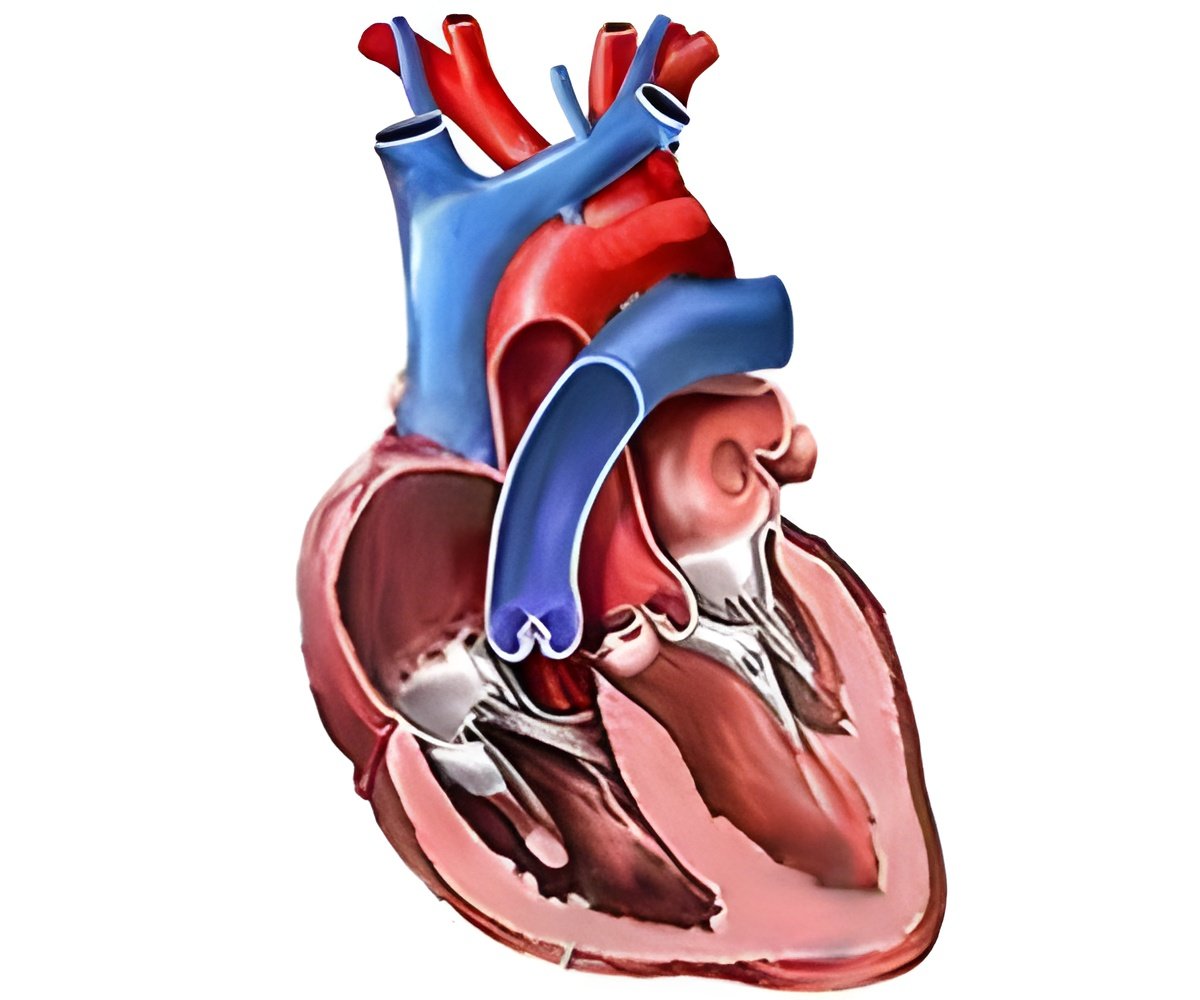A potential way to improve the lipid profiles in patients undergoing hemodialysis that may prevent cardiovascular disease common in these patients has been discovered by researchers.

"After 12 and 16 weeks of intervention, the hemodialysis patients taking the Vitamin E supplements showed significant improvements in their blood lipid profiles," said Pramod Khosla, Ph.D., associate professor of nutrition & food science in Wayne State University's College of Liberal Arts and Sciences. "Specifically, their triglycerides were reduced and their HDL cholesterol levels increased, as compared to the placebo group."
"This study could potentially have positive clinical implications in the future for hemodialysis patients that need to improve their triglyceride and HDL levels, but first these findings need to be verified in a much larger group of subjects. Additionally, we need to tease out the interactive effects of the tocotrienols with various medications that are routinely prescribed to these patients," added Khosla.
"Accelerated cardiovascular disease is a major problem in the end-stage renal disease population, and these findings may lead to new approaches to understanding its pathophysiology and to treatment," commented James Sondheimer, M.D., associate professor of internal medicine in Wayne State's School of Medicine. "A multicenter trial to confirm these findings and determine clinical significance is clearly called for." Sondheimer was not involved in the study.
Source-Eurekalert















